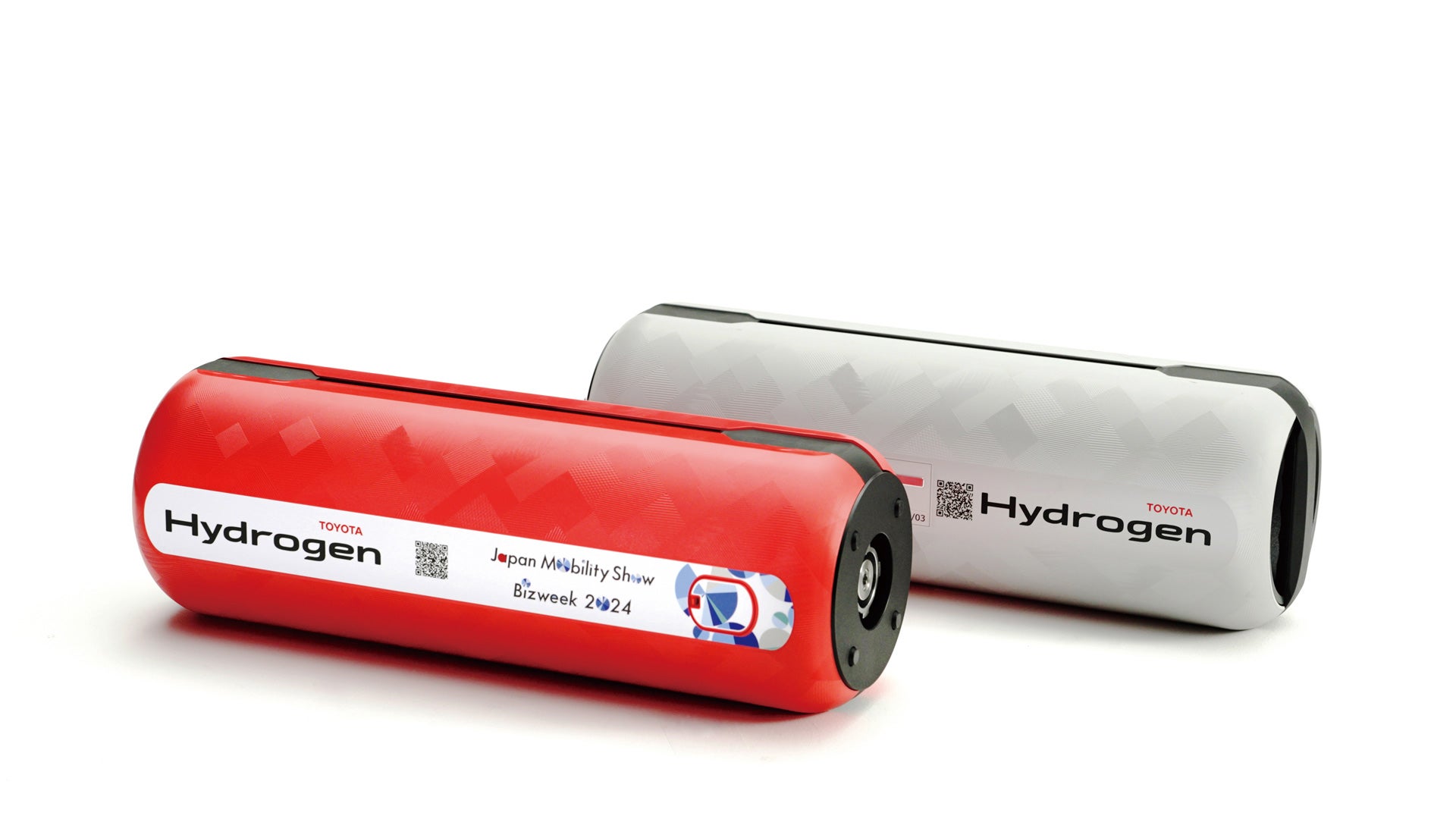Innovative Visions at Japan's Mobility Show Bizweek 2024
Key Ideas
- Toyota showcased a portable hydrogen cartridge at the event, highlighting the versatility of hydrogen as an energy source beyond fuel cell vehicles.
- Honda introduced the CR-V e:FCEV, the first Plug-in Fuel Cell Electric Vehicle from a Japanese carmaker, signaling a move towards broader solutions for carbon neutrality.
- The event focused on 'ideas' and 'visions' to address carbon neutrality challenges through various technologies, showcasing a shift from traditional car exhibitions to a more innovative approach.
- Japanese automakers are exploring diverse pathways to achieve carbon neutrality, emphasizing technologies beyond Electric Vehicles, like hydrogen and biofuel, indicating a commitment to sustainable solutions.
The Japan Mobility Show Bizweek 2024, held just outside Tokyo, provided a glimpse into the future of Japan's automotive industry with a focus on innovative solutions for carbon neutrality. The event highlighted not only Electric Vehicles but also technologies like hydrogen and biofuel. Toyota's standout exhibit was a portable hydrogen cartridge capable of storing 200g of hydrogen at 70 MPa, showcasing the versatility of hydrogen as an energy source. This technology extends beyond fuel cell vehicles, offering possibilities for cross-industry applications and integration into various systems.
Honda and Mazda also presented their contributions to carbon neutrality, with Honda unveiling the CR-V e:FCEV, the first Plug-in Fuel Cell Electric Vehicle from a Japanese carmaker, and Mazda showcasing the Mazda CX-80 Biofuel, running on next-generation biofuel. These innovations demonstrate a shift towards broader solutions beyond traditional Battery Electric Vehicles.
The event aimed to foster creative thinking around integrating hydrogen technology into everyday life, positioning hydrogen as a key component of a carbon-neutral future. With government and industry support, hydrogen could become a viable alternative energy source in Japan, paving the way for the growth of fuel cell vehicles. The industry anticipates over 150,000 FCEVs on the road by 2033, supported by plans to build 1,000 hydrogen refueling stations by 2030.
Overall, the event emphasized collaboration and innovation, bringing together companies and startups to envision diverse solutions for the future of mobility. This business-focused approach showcased the commitment of Japanese automakers to sustainable technologies, signaling a positive outlook for the industry's evolution towards carbon neutrality.
Topics
Fuel Cells
Innovation
Sustainability
Automotive Industry
Electric Vehicles
Future Technology
Carbon Neutrality
Biofuel
Industry Collaborations
Latest News
